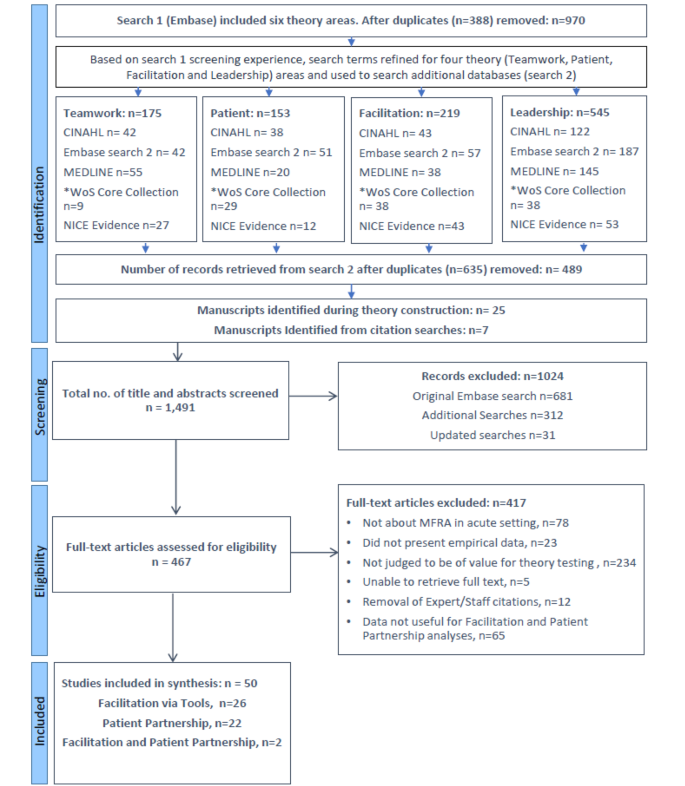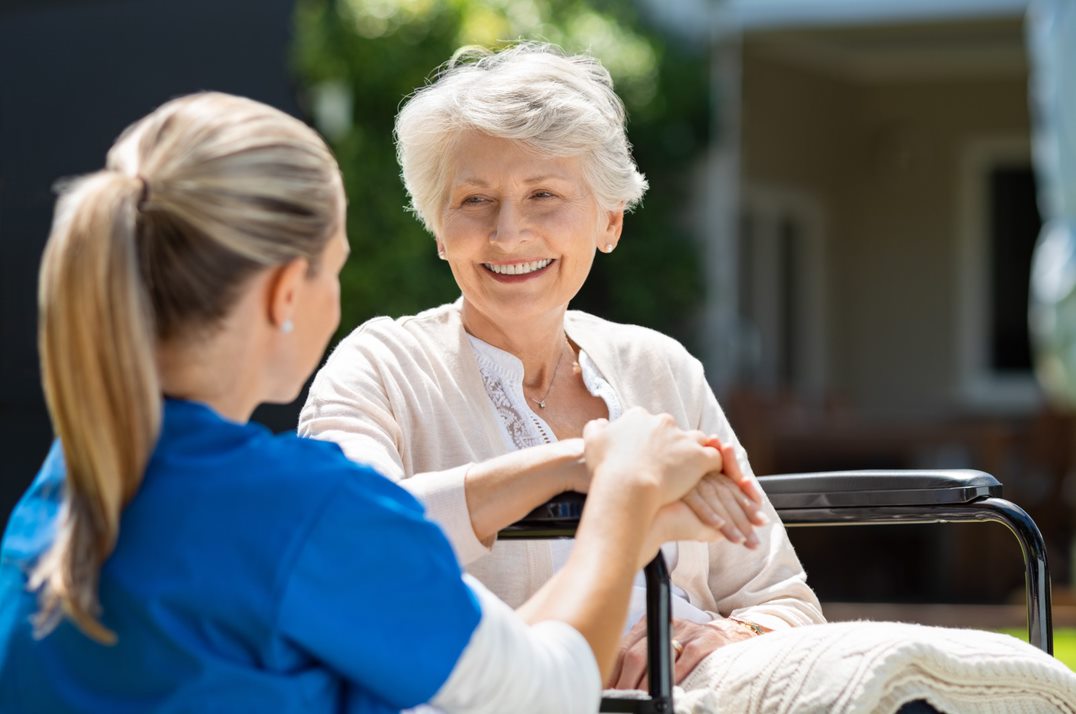Dementia Fall Risk Things To Know Before You Buy
Dementia Fall Risk Things To Know Before You Buy
Blog Article
Facts About Dementia Fall Risk Revealed
Table of Contents4 Easy Facts About Dementia Fall Risk ShownThe Definitive Guide for Dementia Fall RiskThe Buzz on Dementia Fall RiskThe Of Dementia Fall Risk
A loss danger evaluation checks to see exactly how most likely it is that you will fall. The analysis typically consists of: This includes a series of inquiries regarding your general health and if you have actually had previous drops or issues with equilibrium, standing, and/or walking.Interventions are referrals that might lower your risk of dropping. STEADI consists of three steps: you for your risk of falling for your risk factors that can be improved to try to protect against drops (for instance, balance problems, impaired vision) to lower your threat of falling by using effective techniques (for instance, supplying education and learning and sources), you may be asked a number of questions consisting of: Have you fallen in the past year? Are you worried regarding falling?
If it takes you 12 secs or even more, it may suggest you are at higher danger for a fall. This examination checks stamina and balance.
Relocate one foot midway onward, so the instep is touching the large toe of your other foot. Relocate one foot fully in front of the other, so the toes are touching the heel of your various other foot.
Little Known Questions About Dementia Fall Risk.
The majority of falls happen as a result of numerous adding factors; consequently, handling the threat of dropping begins with recognizing the aspects that add to fall risk - Dementia Fall Risk. A few of the most appropriate danger aspects consist of: Background of prior fallsChronic clinical conditionsAcute illnessImpaired gait and balance, reduced extremity weaknessCognitive impairmentChanges in visionCertain high-risk medicines and polypharmacyEnvironmental elements can additionally boost the threat for drops, consisting of: Insufficient lightingUneven or damaged flooringWet or slippery floorsMissing or damaged hand rails and get hold of barsDamaged or incorrectly equipped tools, such as beds, mobility devices, or walkersImproper use assistive devicesInadequate guidance of individuals staying in the NF, including those who exhibit aggressive behaviorsA successful fall threat management program needs a thorough medical evaluation, with input from all members of the interdisciplinary team

The care strategy should additionally include treatments that are system-based, such as those that advertise a safe atmosphere (proper lights, hand rails, order bars, and so on). The effectiveness of the treatments should be evaluated regularly, and the care plan revised as pop over here necessary to reflect changes in the autumn threat assessment. Implementing a loss risk administration system making use of evidence-based finest technique can lower the occurrence of drops in the NF, while limiting the potential for fall-related injuries.
Not known Details About Dementia Fall Risk
The AGS/BGS guideline suggests evaluating all adults aged 65 years and older for loss risk yearly. This testing includes asking people whether they have actually fallen 2 or more times in the past year or looked for medical focus for a fall, or, if they have not dropped, whether they feel unstable when walking.
Individuals that have fallen as soon as without injury must have their equilibrium and gait examined; those with stride or balance abnormalities must obtain additional evaluation. A background of 1 fall without injury and without stride or equilibrium troubles does not necessitate further analysis past ongoing yearly autumn risk testing. Dementia Fall Risk. A fall risk evaluation is needed as component of the Welcome to Medicare exam

Examine This Report about Dementia Fall Risk
Recording a falls background is one of the quality indications for autumn prevention and management. copyright medicines in particular are independent forecasters of falls.
Postural hypotension can usually be relieved by minimizing the dose of blood pressurelowering medicines and/or quiting drugs that have orthostatic hypotension as a negative effects. Use above-the-knee support hose and sleeping with the head of the bed raised might additionally minimize postural decreases in high blood pressure. The preferred components of a fall-focused physical evaluation are displayed in Box 1.

A pull time above or equal to 12 secs suggests high fall threat. The 30-Second Chair Stand examination assesses reduced extremity toughness and equilibrium. Being not able to stand up from a chair of knee elevation without using one's arms suggests raised autumn danger. The 4-Stage Balance test try this site examines fixed equilibrium by having the person stand in 4 positions, each progressively more difficult.
Report this page